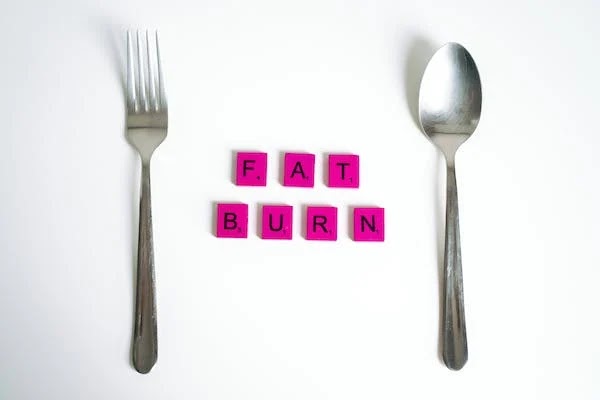Nutrition needs change throughout life, and a balanced diet is key to staying healthy and preventing disease. By focusing on essential nutrients at every stage, you can support long-term health from childhood to old age. Here's how.
Proper nutrition is essential for health and well-being at every stage of life. From infancy to old age, your body requires specific nutrients to grow, develop, and maintain function. Without adequate nutrition, signs of deficiency can manifest in various ways, influencing both physical and cognitive health. Understanding these symptoms and addressing them through a balanced diet is crucial to maintaining long-term wellness.
Each life stage presents unique nutritional needs that must be carefully addressed, tells Dr Arti Bhalerao, Chief Dietician and Clinical Nutritionist at Sahyadri Hospitals MomStory, Pune. “Ideal and timely nutrition supports physical growth and development, cognitive function, immune health, and the prevention of chronic diseases,” she explains.
Dr Bhalerao suggests that according to the Indian Council of Medical Research (ICMR), children aged 1-3 years require around 1070 kcal per day, while adolescent boys (16-18 years) need approximately 3,320 kcal, and girls need 2,500 kcal due to their growth and energy demands.
Here is a primer on the nutritional needs at different stages of life, according to Dr Bhalerao:
• Children (1-12 years):
Children experience rapid growth, requiring high energy and nutrient intake. Protein supports tissue repair, while calcium and vitamin D are crucial for bone development. Iron prevents anemia and aids cognitive function. Foods like lean meats, eggs, whole grains, and healthy fats are essential. ICMR recommends 1070 kcal/day for children aged 1-3 years. A diet rich in fruits, vegetables, and water, while limiting sugary drinks, fosters lifelong health habits.
• Adolescents (12-18 years):
Puberty and growth spurts increase the need for protein, calcium, and iron. Boys need around 3,320 kcal/day, and girls require 2,500 kcal/day (ICMR). Key nutrients include omega-3s for brain health and zinc for immunity. Balanced diets are crucial to avoid poor eating habits.
• Adults (19-50 years):
Adults should focus on balanced calories to maintain health and prevent chronic diseases. Including protein, whole grains, and healthy fats help sustain muscle, energy, and heart health. B vitamins, calcium, and antioxidants are key for metabolism, bone strength, and disease prevention.
• Pregnant women:
Pregnancy increases the need for protein, iron, folic acid, and calcium. These nutrients support fetal growth and maternal health, preventing issues like gestational diabetes and neural tube defects. Prenatal supplements are recommended to meet higher demands.
• Elderly (60+ years):
Ageing reduces energy needs but increases the need for nutrient-dense foods. Protein prevents muscle loss, while calcium, vitamin D, and fiber support bone and digestive health. B12 and potassium aid cognitive and cardiovascular function, with small, frequent meals and hydration being essential.
More Read: How to Lose Weight Fast? Why Is It Important to Lose Weight Safely? | Weight Loss Tip

.jpg)




.webp)
